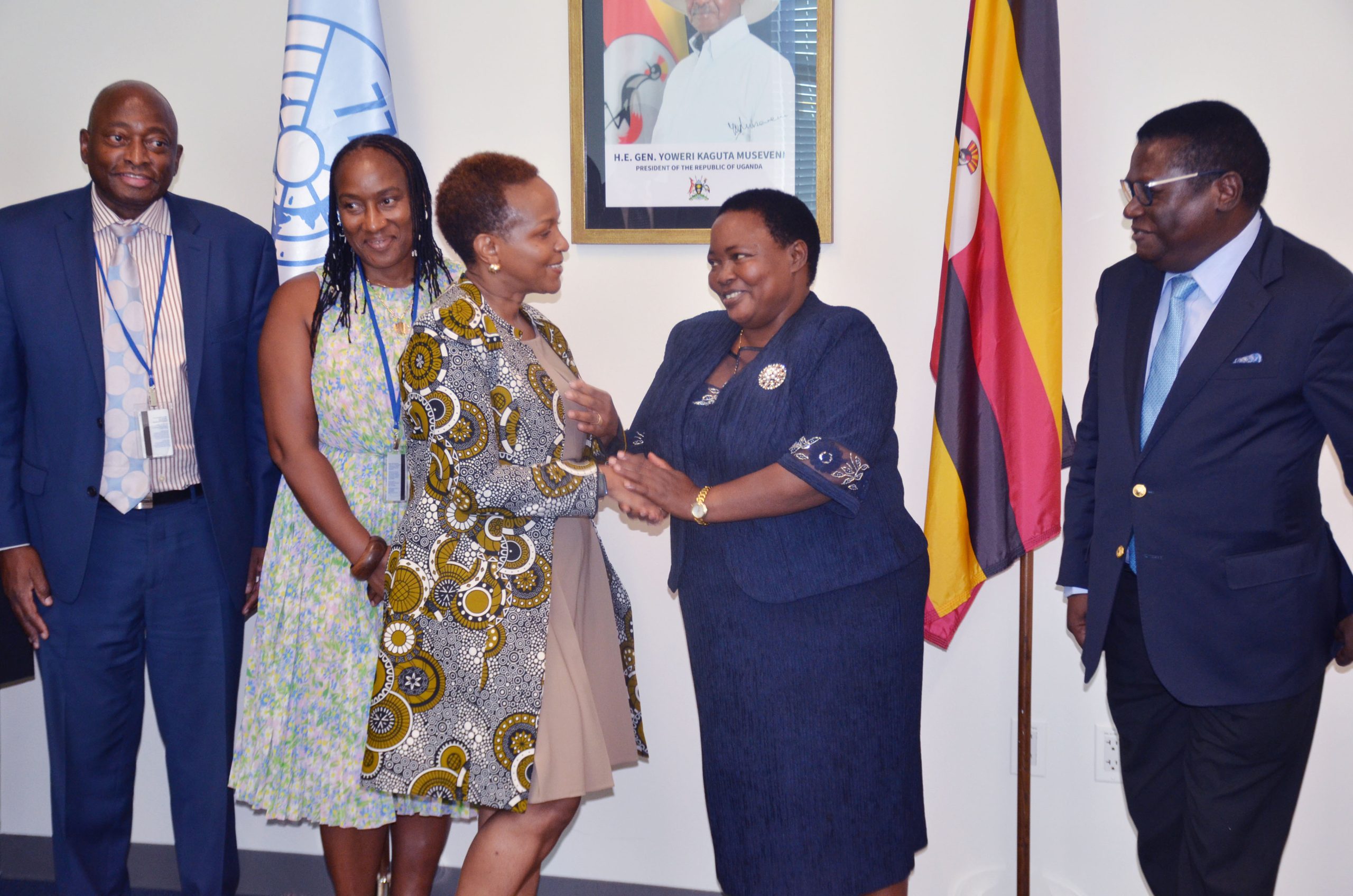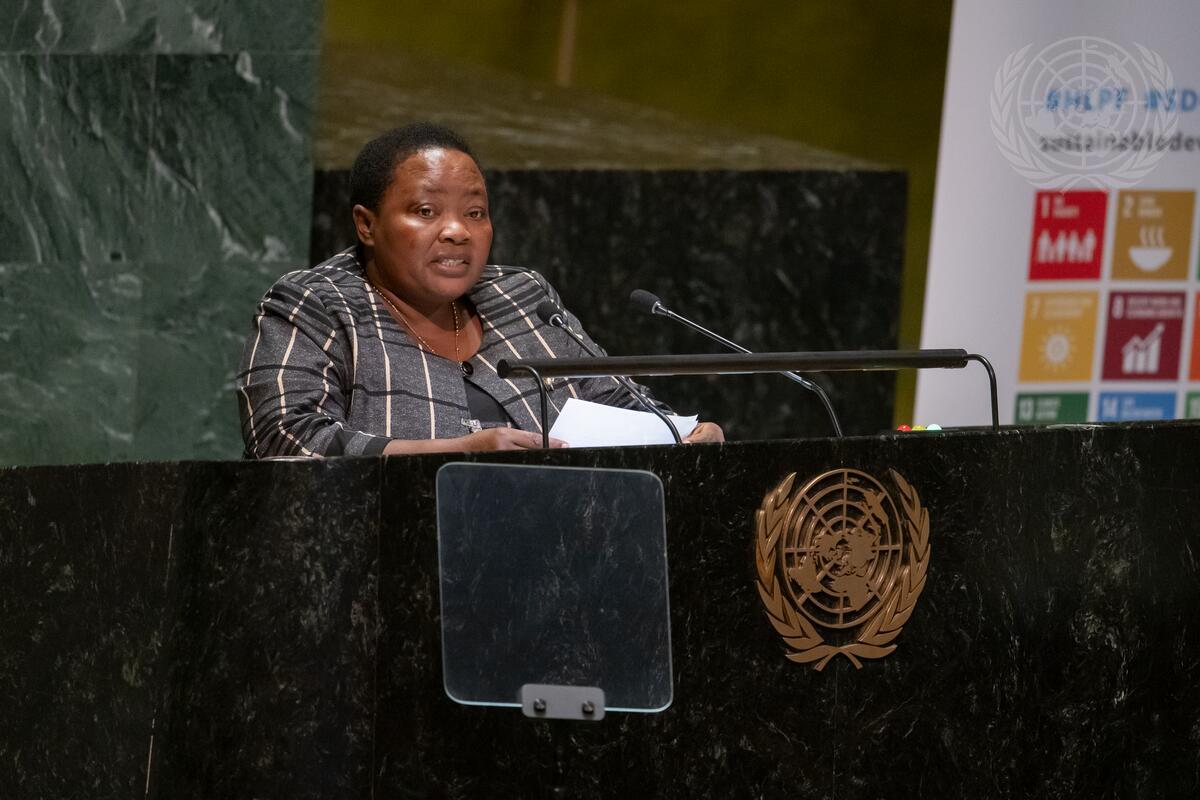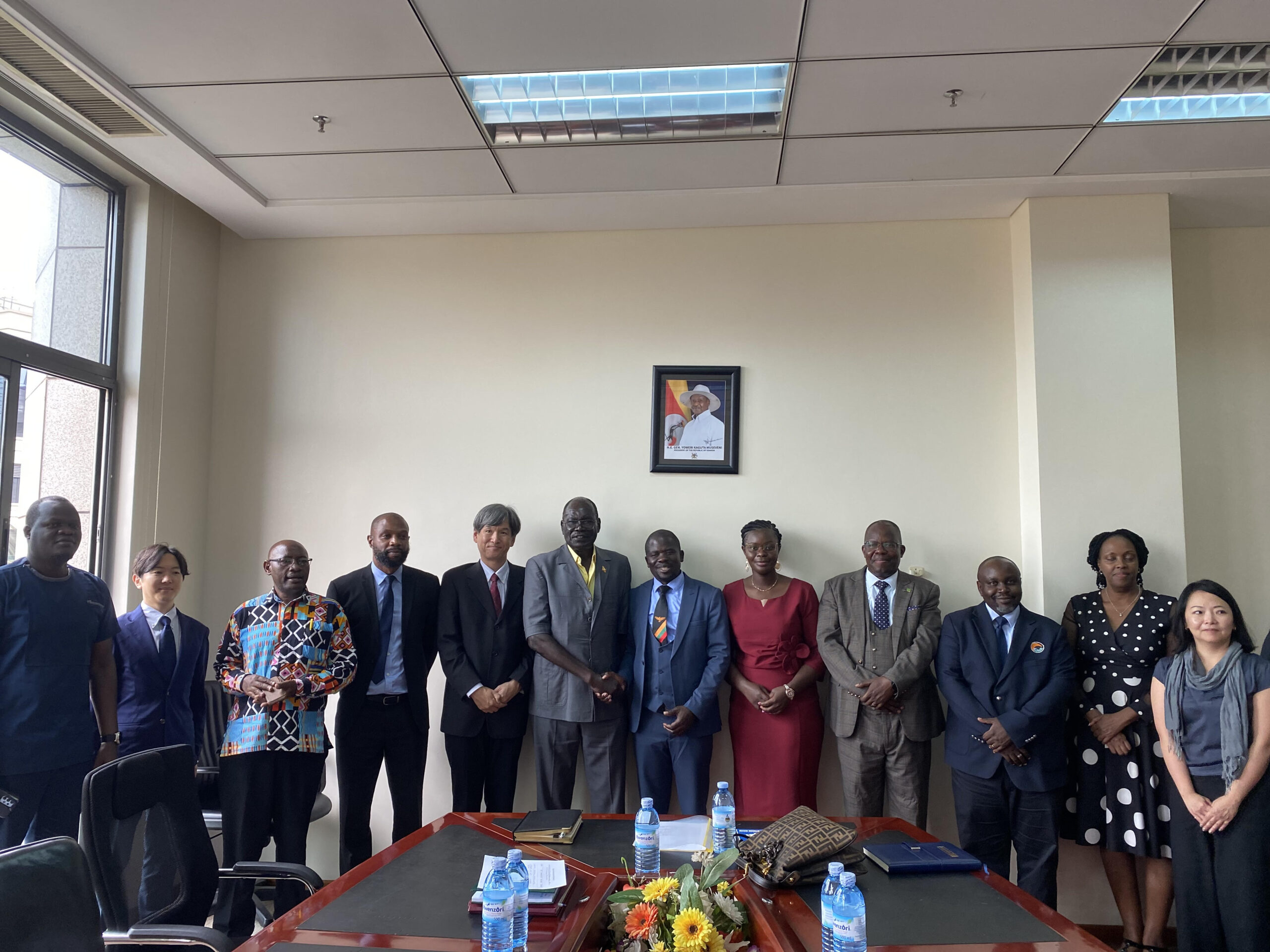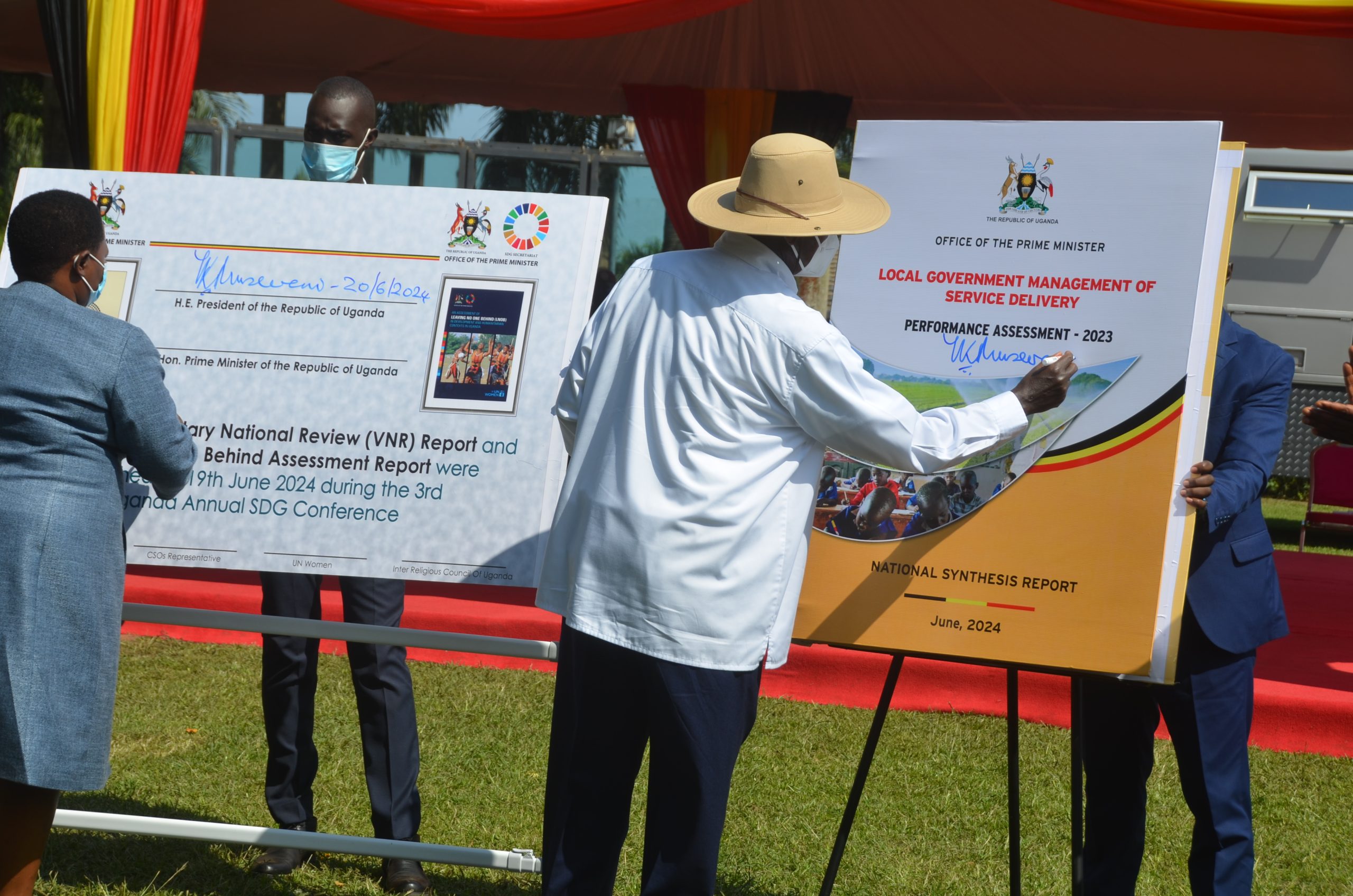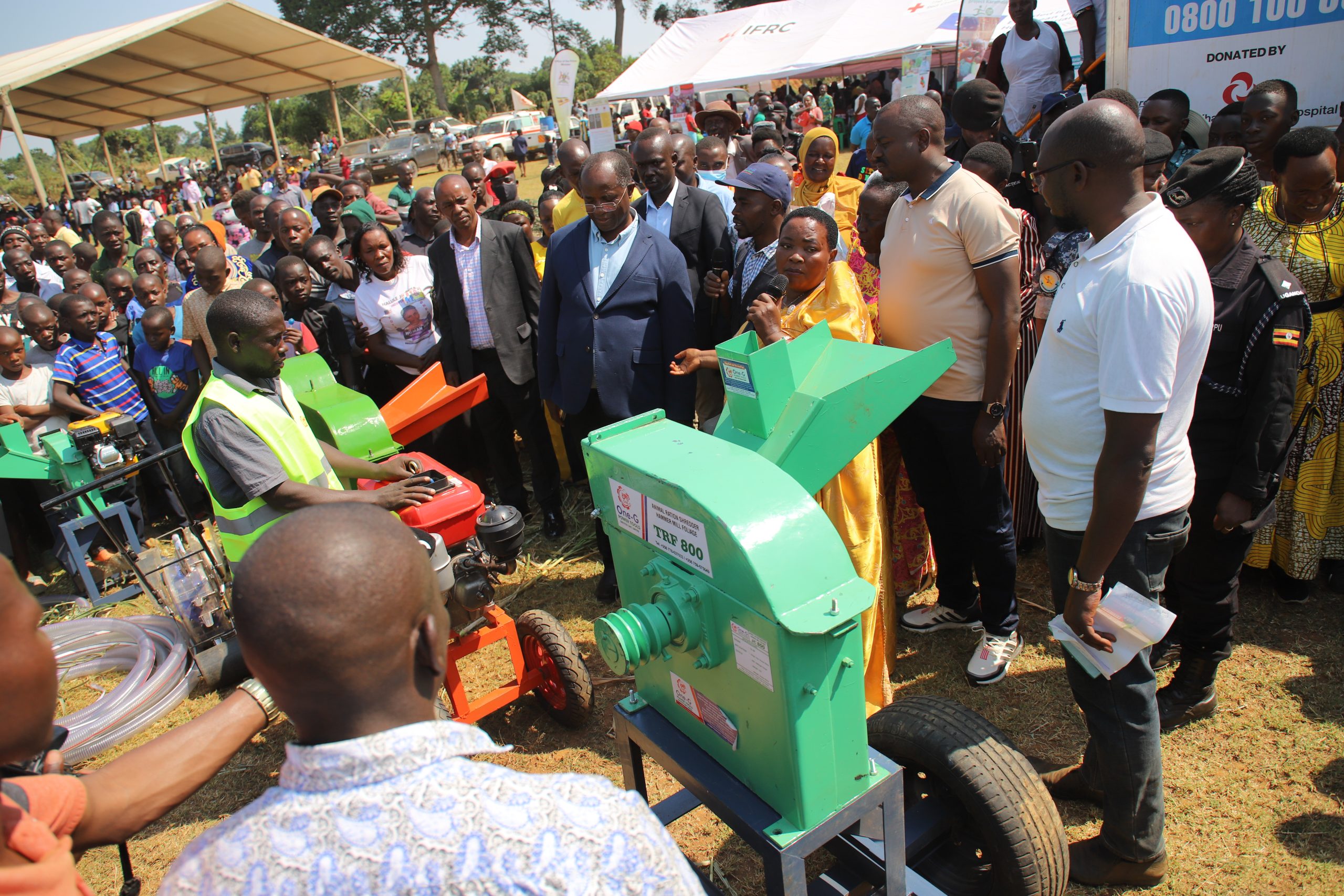By: Ismael Kasooha
Kampala
Prime Minister Robinah Nabbanja has challenged the private sector actors to improve on both the quality and quantity of exports if Ugandan products are to compete favourably on the world market.
“As Government, we were pleased when His Excellency President Yoweri Museveni established this advisory committee on exports and industrial development. I and the country have a lot of expectations for the results of your work. The challenges facing our exports are not new. They border on legislation, quality, supply chain, value addition, quantities,” noted Nabbanja.
Nabbanja was on Tuesday opening the Presidential Advisory Committee on Exports and Industrial Development (PACEID) training forum in Kampala to discuss issues on compliance measures. She said that increasing the quality and quantity of Uganda’s exports is something H.E. the President is very passionate about.
“As Government, we believe that if we are to improve the livelihoods of our people, we must ensure that we get markets for our products in outside markets to fetch foreign exchange which we need to boost the economy. Currently, as you are aware, we have embarked on implementing the Parish Development Model, a game changer program for increasing household incomes through production, agro-processing, value addition, especially for the 39 percent of our people who are outside the money economy,” said Nabbanja.
She added that they (Government) expect that through the PDM, farmers will produce more agricultural products that will need export markets but was quick to add that we cannot access these European, American, Asian and even our regional and Pan African markets if the challenges facing the export sector are not addressed.
Nabbanja said that there are several institutions in the country that play a role in the export sector such as the Export Promotion Board, Ministry of Agriculture, Animal Industry and Fisheries, Ministry of Trade, Industry and Cooperatives, Ministry of Finance Planning and Economic Development, Ministry of Foreign Affairs and others.
“It is therefore important that in doing your work, you leverage all these agencies to ensure that they are onboard to deliver results. The market demands of us to comply with strict regulations, standards or measures to ensure given quality standards even for us,” explained Nabbanja.
The Premier said that she expects that the private sector players will address issues such as ensuring the quality of agricultural chemicals, fertilisers, pesticides and other inputs used by our farmers.
“We need to ensure the process of management of the chemicals that are used in our products meet health standards for both the local and foreign consumers. We must especially deal with the menace of fake chemicals on the market,” she said.
Nabbanja said that there is a need of ensuring that Agriculture Extension services and inspectors do their job to support our famers to produce quality products.
“We need to address the issue of policies, regulations and laws that are related to agricultural production and food safety. I am aware we are lacking some laws and others are too old which means we are not protected as consumers,” noted Nabbanja.
The Prime Minister assured the exporters that her office was available to support the President’s advisory committee to fulfill the targets agreed upon on coffee, Beef, dairy, cement, fruits and vegetables, tourism, banana flour, grains, cement, steel and many more, to raise the extra USD6bn we need to help our economy recover and create jobs for the youth.
“We will help coordinate government institutions and the private sector to ensure that we deliver results for our people,” said Nabbanja.
The Special advisor to President Yoweri Museveni, Odrek Rwabwogo, said the meeting discussed food safety standards that impede agricultural exports in the region and the international market.
Rwabwogo said that government needs to come up with alternative means of transport to help in movement of good and serves across the region before considering the distant market.
“We need to think of reviving water transport, the rail, and even air cargo so that we can move our goods freely to other countries in the Great Lakes region,” said Rwabwogo.
The participants included a 45-member PACEID committee (private and public) that was commissioned on March 16, 2022, by President Museveni to bring the critical private sector voice to bear on the matter of low-level export quantities, quality and poor revenue.
The PACEID committee seeks to achieve an extra sh6b in the national coffers by 2027. The committee is chaired by Rwabwogo and members from Private Sector Foundation Uganda, Uganda Export Promotion Board, Uganda Coffee Development Authority, agriculture and trade ministries.
Last week, the committee met Museveni where they agreed to resolve issues hampering the manufacture and export of sugar.
End

